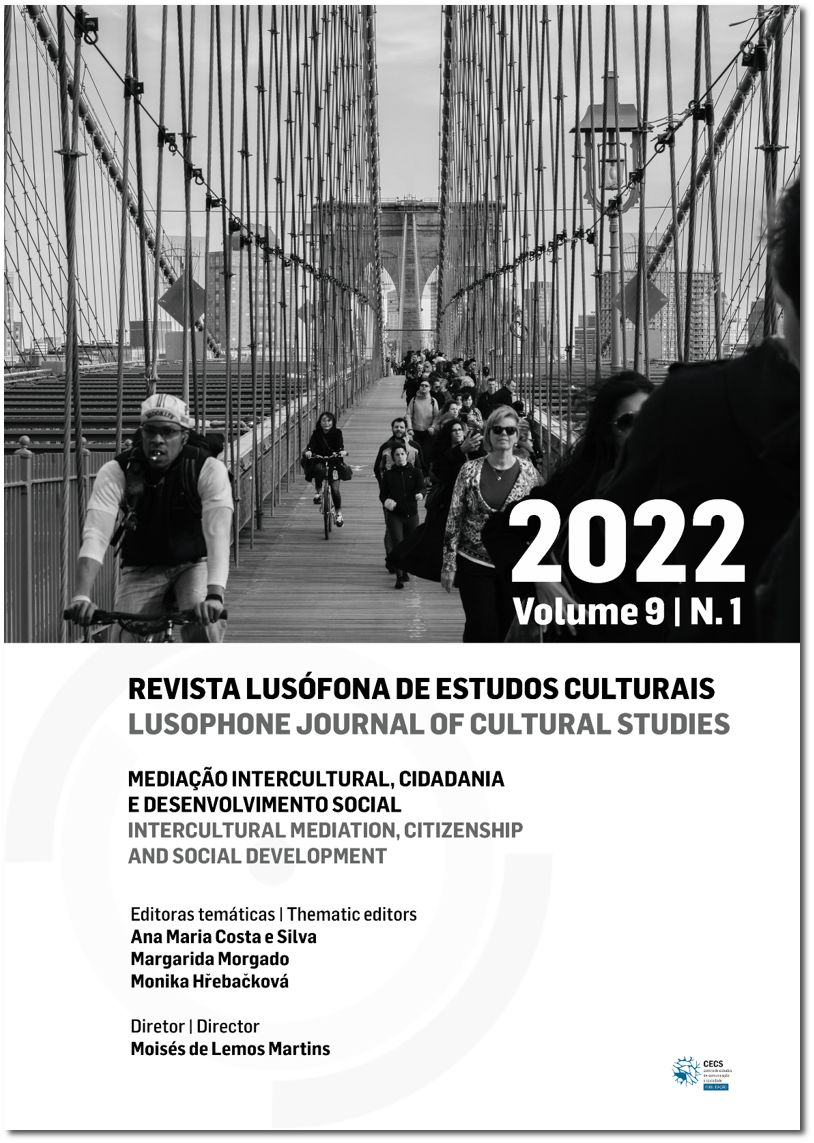From Emergence and Transformation: Aligning Points, Opening Channels
DOI:
https://doi.org/10.21814/rlec.3960Abstract
In the last 3 years, particularly, thinking about contemporary societies necessarily includes resorting to the various sensory experiences: what we observe, hear, feel, and do. We live in times of social crisis and emergency contexts due to the global COVID-19 pandemic situation. This phenomenon extended to all continents and populations and uncovered the strengths and fragilities of globalisation and the geographical, economic, and social interdependence of continents, countries, institutions, and people. Moreover, we have witnessed in shock the outbreak of war and the steep escalation of aggression in distant countries and on other continents, but close enough to think about the reliable defence of European values and freedom. In light of the visible manifestations of confrontation, deaths and verbal and physical war, as well as of the east-west dichotomy, it is important to recognise the importance of dialogue and mediation to promote world peace...
Downloads
References
Martins, M. L. (2019). A “crise dos refugiados” na Europa – Entre totalidade e infinito. Comunicação e Sociedade [Special Volume], 21–36. https://doi.org/10.17231/comsoc.0(2019).3058
Martins, M. L., Sidoncha, U., & Bandeira, M. (2017). Nota introdutória – Estudos culturais, cidadania e democracia. Revista Lusófona de Estudos Culturais, 4(2), 7–11. https://doi.org/10.21814/rlec.237
Silva, A. M. C. (2018). O que é mediação? Da conceptualização aos desafios sociais e educativos. In M. A. Flores, A. M. C. Silva, & S. Fernandes (Eds.), Contextos de mediação e de desenvolvimento profissional (pp. 17–34). De Facto Editores. https://hdl.handle.net/1822/62112
Silva, A. M. C., Cabecinhas, R., & Evans, R. (2019). Culturas, memórias, diálogos em construção. Comunicação e Sociedade [Special Volume], 7–11. https://doi.org/10.17231/comsoc.0(2019).3056
Downloads
Published
How to Cite
Issue
Section
License
Copyright (c) 2022 Ana Maria Silva

This work is licensed under a Creative Commons Attribution 4.0 International License.
Authors own the copyright, providing the journal with the right of first publication. The work is licensed under a Creative Commons - Atribuição 4.0 Internacional License.








